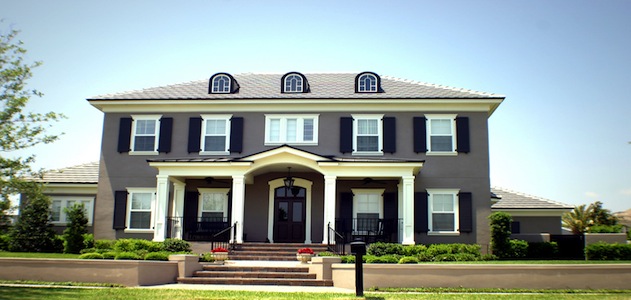Seniors are already facing tougher economic times, and the news is not getting too much better. The federal government's reverse mortgage program is cutting the number of borrowers eligible to draw down cash against the value of their homes by 22%, ending a tool some have used to help finance retirement.
The changes will limit the amount seniors can draw down, impose higher mortgage insurance fees and put in place tougher vetting of applicants. But they are likely coming too late to prevent the FHA from tapping the U.S. Treasury for a cash infusion for the first time in the agency's 79-year history.
Reverse mortgages, available to borrowers aged 62 or older, pay out a home's equity to the borrower, either in installments or lump-sum payments. They are repaid when the borrower dies or moves out of the house, although the borrower must still pay property taxes and homeowners' insurance.






